I often get asked to blurb books, and it's not unusual for me to get a request from a publisher or editor on behalf of an author I've never met or heard of before. But I have never had a request like this one, which came to me from Greenleaf Publishing through my agent (I have only edited out the name of the author, the title of her book, and a summary of the plot. The grammatical errors, missing apostrophes, etc. are from the original email):
I'm writing on behalf of our author X, who counts Lee Goldberg as an influential and inspirational author. I would love the opportunity to include Lee's name along with a brief endorsement in X's upcoming book from Greenleaf Book Group, XYZ. […] Below are a few short endorsement suggestions for XYZ. Of course, Lee can edit any of these as fit or write his own. Attached is the books first two chapters to give you a better idea of X's story. I would be happy to send you the complete manuscript if youre interested in reading further.
I thought it was very nice of her, before I'd even agreed to read the book, to already provide me with endorsements I could just slap my name on. Even better, she granted me the flexibility to edit them as I pleased or, if I really wanted to be daring, to actually come up with some of my own.
Naturally, I was anxious to see the personalized endorsements she'd created for me to lend my name to. I bet you are, too. Here they are:
Suggested endorsements:
X ropes you in from page one and doesnt let go until the end. A great read!
Anyone who enjoys fast paced, thrilling mysteries will love XYZ. You simply wont be able to put it down!
Characters you connect with, a driven plot, and suspense make XYZ a book you wont want to miss!
From suspense to mystery to romance, X's debut has it all!
XYZ will captivate you and not let you go until the very end. Its a thrilling debut. I cant wait for her next book!
Those sound like genuine, heartfelt endorsements to me, ones that truly reflect my unique experience of reading her book. Even if I haven't read it yet. And they are so fresh and creative, too! They also offered me an irresistable incentive.
If Lee provides a testimonial, we will send a signed copy of the finished book as soon as they are made available.
I can honestly say, in all my years in the publishing business, I have never had a publishing company approach me for a blurb and also supply a selection of them for me to choose from. Perhaps that's because Greenleaf isn't a publisher. It's basically a very,very pricey, high-end vanity press. Or, as they put it in their letter to my agent:
If youre unfamiliar with our company, Greenleaf Book Group is a publisher and distributor best known for its innovative business model.
Their innovative model is that you pay them buckets of money to publish your book, distribute your book, publicize your book and, apparently, send out really inept, sloppily-written appeals for blurbs.
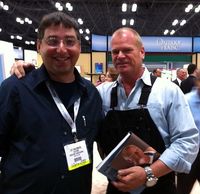

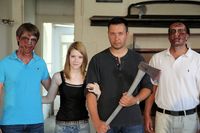
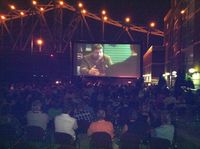
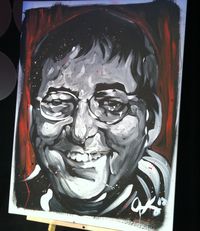
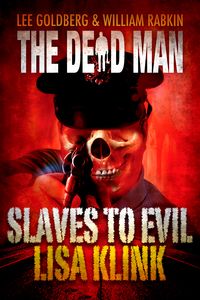


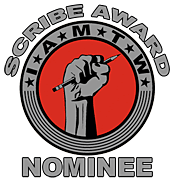

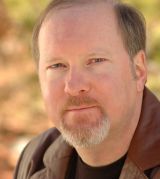

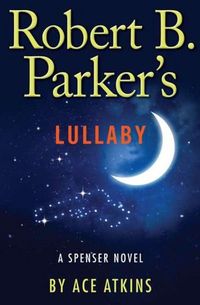
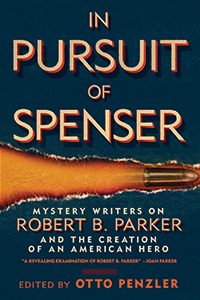

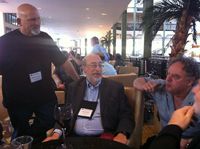
![IMG_1121[1] IMG_1121[1]](https://leegoldberg.com/wp-content/uploads/2012/04/6a00d8341c669c53ef0167648f0033970b-200wi.jpg)
![IMG_1130[1] IMG_1130[1]](https://leegoldberg.com/wp-content/uploads/2012/04/6a00d8341c669c53ef0167648f017d970b-200wi.jpg)